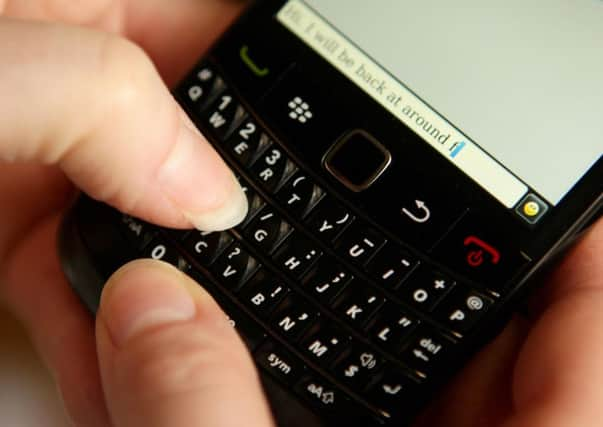TechTalk: Smart money is on Android - but don’t shed a tear for Microsoft


The reason for the dominance of Android phones is obvious: there are many more to choose from, and you can pick one up for a fraction of the price of an iPhone. Motorola’s Moto E, for instance, is a fast and efficient Android unit that can be yours for just £80 cash – £240 less than the cheapest iPhone.
The statistics at the other end of the table make more interesting reading. Three years ago, BlackBerrys made up 13 per cent of all smartphones; now they are being consigned to the rubbish bin of old technology, alongside VHS tapes and 8-track cartridges. The problem is that the miniature physical keyboard which made the Blackberry so popular a decade ago has been rendered unnecessary by the virtual (and often larger) one in the lower half of Apple and Android screens. What’s more, BlackBerry’s operating software is laughably arcane and its proprietary system for accessing the internet puts its users at a disadvantage in choosing a competitive tariff.
Advertisement
Hide AdAdvertisement
Hide AdWindows Phones, meanwhile, have been a miserable flop, with relatively few takers, far fewer apps available than for either Apple or Android, and the prospect of premature obsolescence in the face of a newer version of Windows late next year.
But don’t shed any tears for Microsoft. Despite the unpopularity of its own product, the company is raking in an estimated $2bn (yes, billion) a year from the sale of other people’s Android phones. The intricacies of the patent laws and a phalanx of international lawyers have created a situation where the world’s former number one technology company gets a fee of between $5 and $15 each time an Android device is sold. The amount in question is added to the retail price, so it’s you and I who end up footing the bill.
It’s rather like you having to pay me before you can read a technology column in another magazine, on the grounds that the author may have read mine earlier. I’d like to think this could open a new revenue stream for me, but sadly, I can’t afford Microsoft’s lawyers.